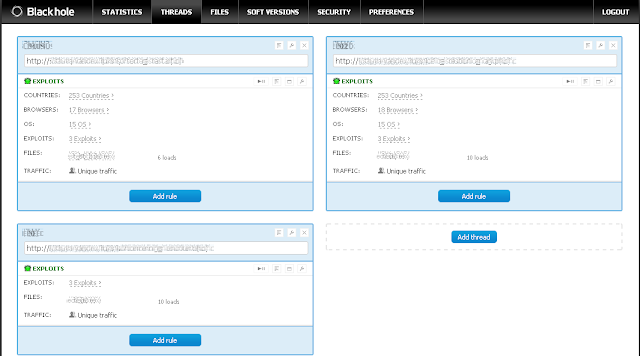The Ultimate SaaS Security Posture Management Checklist, 2025 Edition
May 22, 2024SaaS Security / Threat Detection
Since the first edition of The Ultimate SaaS Security Posture Management (SSPM) Checklist was released three years ago, the corporate SaaS sprawl has been growing at a double-digit pace. In large enterprises, the number of SaaS applications in use today is in the hundreds, spread across departmental stacks, complicating the job of security teams to protect organizations against evolving threats. As SaaS security becomes a top priority, enterprises are turning to SaaS Security Posture Management (SSPM) as an enabler. The 2025 Ultimate SaaS Security Checklist , designed to help organizations choose an SSPM, covers all the features and capabilities that should be included in these solutions. Before diving into each attack surface, when implementing an SSPM solution, it's essential to cover a breadth of integrations, including out-of-the-box and custom app integrations, as well as in-depth security checks. While there are apps that are more sensitive and complex to secure, a breach c

















![[Unpatched] Critical 0-Day RCE Exploit for vBulletin Forum Disclosed Publicly](https://blogger.googleusercontent.com/img/b/R29vZ2xl/AVvXsEjNCxeh_-ZOjS9MCG-kyeNRMVA4d6IlkjCCjKZCeRgFx3DoruFNXdjZo8gUaMVU41wbVw_L9fEu5fqmJwGGF__aAQiRXU1L2qLQFOwYxL7IwuLWC9QICb-xIjCHBXmcrrIRzg9eD78OmdWI/s728-rw-e365/vBulletin-zero-day-exploit.jpg)


























